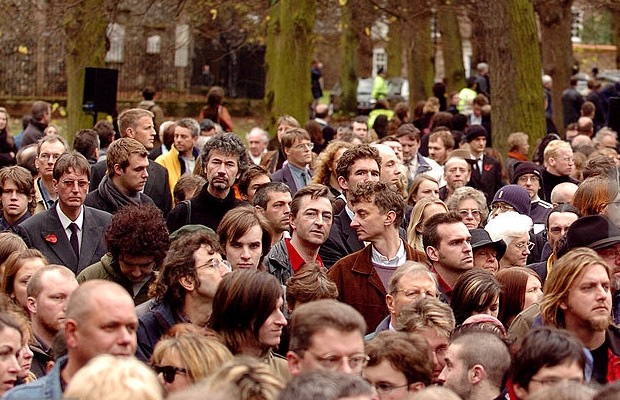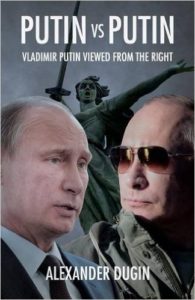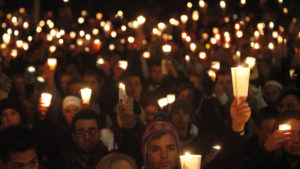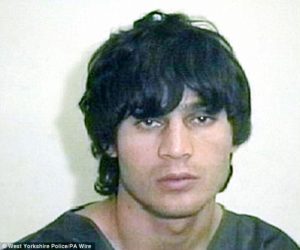Death of John Peel: Biology, Brujeria and Big Mother
If you’re a stale pale male of a certain age and intellect, John Peel might at times have been the most important person in your life. Indeed, he may still be. He was the BBC disc-jockey who reigned as Britain’s musical arbiter elegantiarum from the late 1960s until his premature death early in the twentieth-first century. Champion of both the melodic and the discordant, he helped launch the careers of everyone from Altered Images to Zvuki Mu, from Dr Feelgood to The Datsuns. He was regarded as a national treasure at the death of his death in 2004 and his lustre remains undimmed thirteen years later.
White Flight
How could it not? John Peel was on the right side of history. He loved music and hated racism, firmly convinced that there is only one race — the Human Race. He contributed regularly to the Guardian and his shows always contained a healthy quota of Black music. He championed the same things in his politics as he did on the air: vibrancy, diversity and continual change.
But here’s a curious thing. Like his BBC colleague Andy Kershaw, he didn’t live as he listened. Both of them loved Black music while keeping well away from Blacks in their private lives. Peel abandoned ethnically enriched London to live with his attractive White wife and four children in rural Norfolk. Kershaw travelled even further from London, choosing to live on the Isle of Man in the middle of the Irish Sea. Greg Dyke, the former (and possibly Jewish) Director-General of the BBC, once described the corporation as “hideously white,” saying that it needed to employ many more non-Whites. Norfolk and the Isle of Man are much more deserving of that label than the BBC.
So was John Peel’s funeral:
It was a strange sound, coming from somewhere else. It took everyone by surprise. For a moment no one knew what it was. … It was the sound of thousands nearby cheering — a spontaneous, uncontrollable cheer of gratitude, of appreciation of talent, of respect, of love. The people who gave it were not celebrities, but fans. Most of the two thousand people who stood outside the radio DJ John Peel’s funeral at Bury St Edmund’s Cathedral on Friday 12 November 2004 and cheered his coffin as it was borne outside were, simply, his listeners. (The Peel Sessions, Ken Garner, BBC Books 2007)

Stale pale mourners at John Peel’s funeral
Nearly all of those fans were White and most of them were men. It was a stale pale male occasion for a stale pale male icon. John Peel’s show did not appeal to many non-Whites. It was too intelligent, too ironic and too eclectic. But one of the show’s ironies was unintended. John Peel and his BBC producer John Walters were White males who devoted their intelligence and talent to an institution that hates Whites in general and White males in particular. In short, Peel and Walters were suicide liberals and spent their lives sawing at the wrong side of the branch they were sitting on. Read more










